Diethylene Glycol
Diethylene Glycol Specification
- Storage Instructions
- Cool & Dry Place
- Molecular Weight
- 106.12 GSM (gm/2)
- Density
- 1.12 Gram per cubic meter (g/m3)
- Chemical Name
- Diethylene Glycol
- Other Names
- Diethylene Glycol
- CAS No
- 111- 46-6
- Application
- Industrial Equipment Cleaning
- Physical State
- Liquid
- Shelf Life
- 12 Months
- Purity(%)
- 99%
Diethylene Glycol Trade Information
- Minimum Order Quantity
- 230 Kilograms
- Supply Ability
- 100 Kilograms Per Month
- Delivery Time
- 1-4 Days
About Diethylene Glycol
Diethylene Glycol is a colourless, hygroscopic liquid widely used in the manufacturing of antifreeze, dyes, and braking fluids. It possesses significant solvent characteristics and is used in the production of plasticizers and resins. Due to potential health concerns, it must be handled with caution and proper safety measures.
Diethylene Glycol is a versatile solvent that is soluble in various solvents such as water, ether, acetone, ethylene glycol, and alcohols. Its excellent solvent properties make it valuable across multiple industries. The Diethylene Glycol is widely used in the industrial process because of its special chemical and physical characteristics. It is used as an intermediate in the production of resins, plasticizers, and lubricants, and it is used to improve the performance and stability of products. It has a high boiling point and is hygroscopic; thus, it is easy to control it in formulations and is used on antifreeze solutions, hydro fluids, and brakes. Dietethylene glycol has been used as a solvent in some formulations in the pharmaceutical and cosmetic industries whereby the stringent regulations must be adhered to, which makes the product safe and effective. The fact that the chemical is soluble in a large variety of solvents, such as water, alcohols, and ketones, further extends its industrial applicability; that is, the chemical can be incorporated into the various manufacturing processes undisturbed. The health risks associated with the same should be handled properly and in accordance with safety standards. In sum, the diethylene glycol is a flexible, efficient and dependable chemical in the world, which is why the chemical, automobile and industrial markets cannot do without it.
Diethylene Glycol Properties:
- Minimum Order Quantity: 200 Kg
- Distillation Range: 210C 250C
- Physical State: Liquid
- CAS No: 111-46-6
- Purity: 99%
- Packaging Details: 200 litres Drum
- Grade: Standard Industrial Grade
- Chemical Formula: CHO
- Molecular Weight: 106.12 g/mol
- EC No.: 203-872-2
- Density: 1.12 g/cm
- Melting Point: -10.45C
- Boiling Point: 197C
- Specific Gravity: 1.115 1.120
- Moisture: Less than 1% by KF
- Synonyms: Ethylene diglycol, DEG, Diglycol, Dihydroxy diethyl ether
Applications of Diethylene Glycol:
- Industrial Solvent: DEG is an effective solvent extensively used in textile, paper, and chemical industries for dissolving various substances.
- Polyester Resins: It is a vital ingredient in producing unsaturated polyester resins used in fiberglass-reinforced plastics for automotive parts, boats, and industrial components.
- Adhesives and Sealants: DEG acts as a bonding agent, helping form strong and durable adhesive seals.
- Antifreeze: It lowers the freezing point of water, preventing engine freeze in cold climates.
- Liquid Detergents and Soaps: Used to increase viscosity and provide a smooth texture in liquid cleaning products.
- Chemical Intermediate: Used as a starting material for other chemicals, including ethylene glycol, important for polyester fibers, bottles, and films.
FAQs of Diethylene Glycol:
Q: What is the molecular weight of Diethylene Glycol?
A: The molecular weight of Diethylene Glycol is 106.12 GSM (gm/2).Q: What is the CAS number of Diethylene Glycol?
A: The CAS number of Diethylene Glycol is 111-46-6.Q: What is the purity of Diethylene Glycol?
A: Diethylene Glycol has a purity of 99%.Q: What are the storage instructions for Diethylene Glycol?
A: Diethylene Glycol should be stored in a cool and dry place.Q: What is the shelf life of Diethylene Glycol?
A: The shelf life of Diethylene Glycol is 12 months.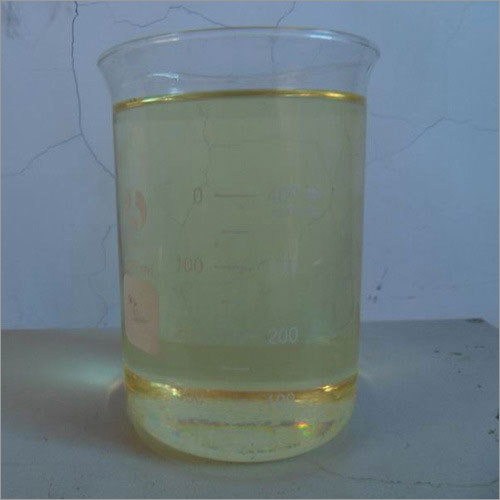
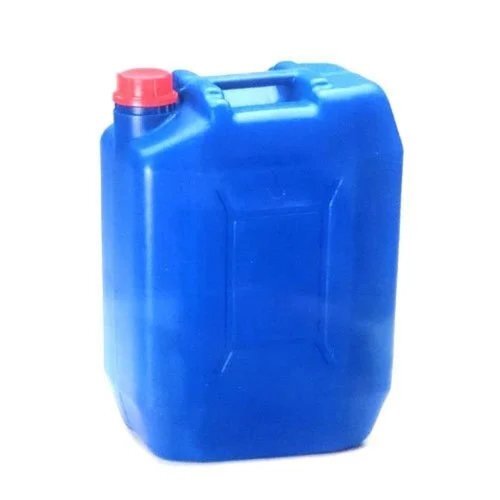
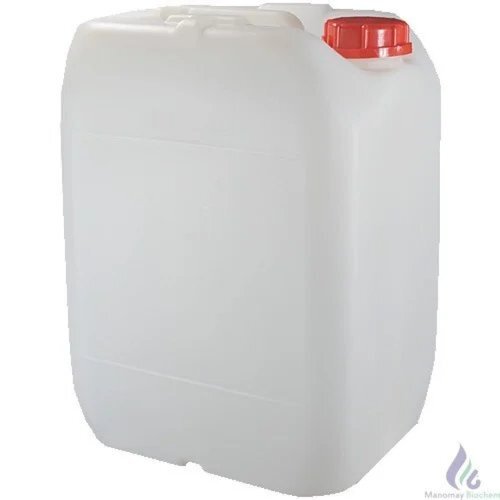

Price:
- 50
- 100
- 200
- 250
- 500
- 1000+
More Products in Distilled Industrial and Cleaning Solvents Category
Hand Wash Base
Price 140 INR / Kilograms
Minimum Order Quantity : 100 Kilograms
Application : Industrial
Storage Instructions : Cool & Dry Place
Shelf Life : 12 Months
Density : 1.1 Gram per cubic centimeter(g/cm3)
Liquid Crude Glycerine
Price 60.0 INR / Kilograms
Minimum Order Quantity : 249 Kilograms
Application : Soap, Textile,
Storage Instructions : Cool & Dry Place
Shelf Life : 1 Years
Density : 1.22 Kilogram per litre (kg/L)
Trichloroethylene Tce
Price 90 INR / Kilograms
Minimum Order Quantity : 300 Kilograms
Application : Industrial Equipment Cleaning
Storage Instructions : Cool & Dry Place
Shelf Life : 12 Months
Density : 1.46 Gram per cubic centimeter(g/cm3)



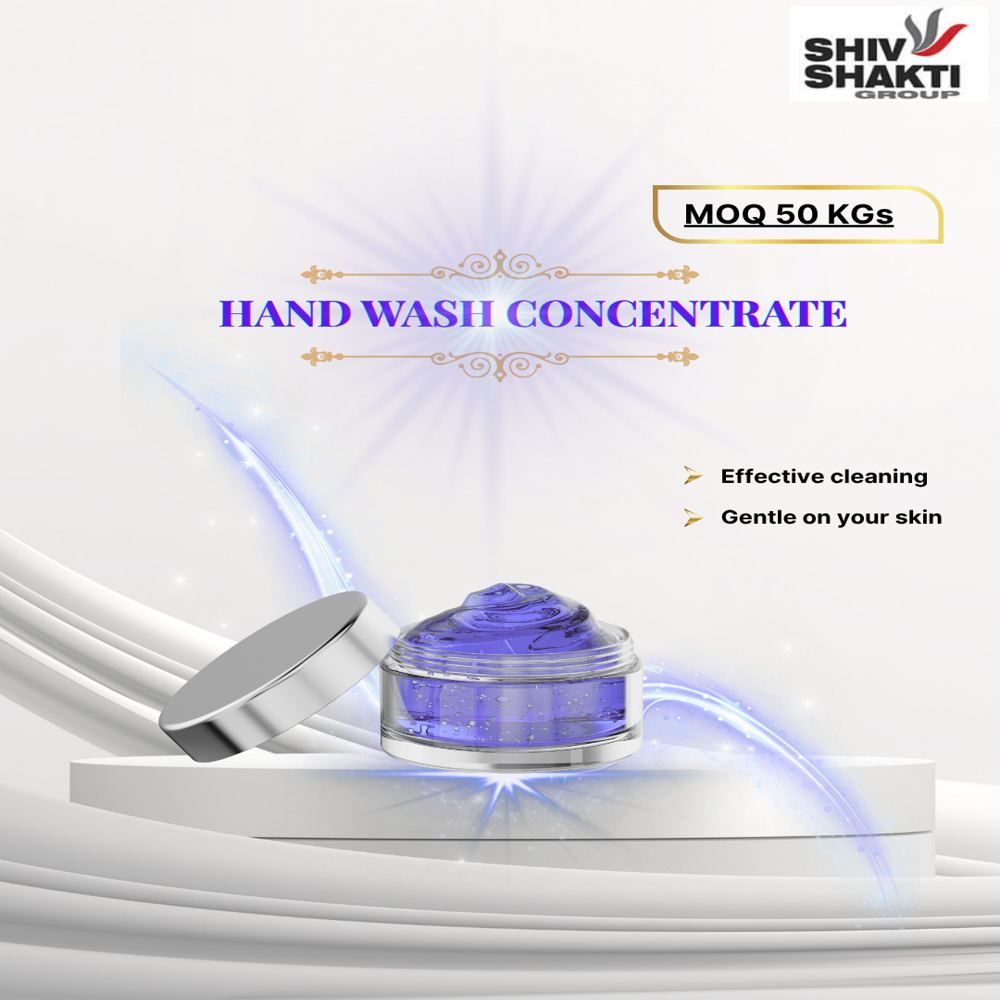

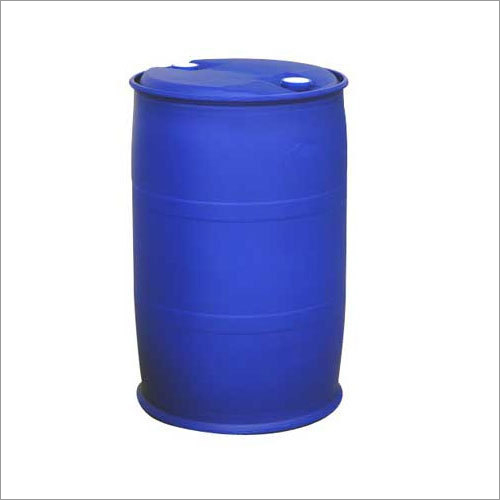

 English
English Spanish
Spanish French
French German
German Italian
Italian Chinese (Simplified)
Chinese (Simplified) Japanese
Japanese Korean
Korean Arabic
Arabic Portuguese
Portuguese